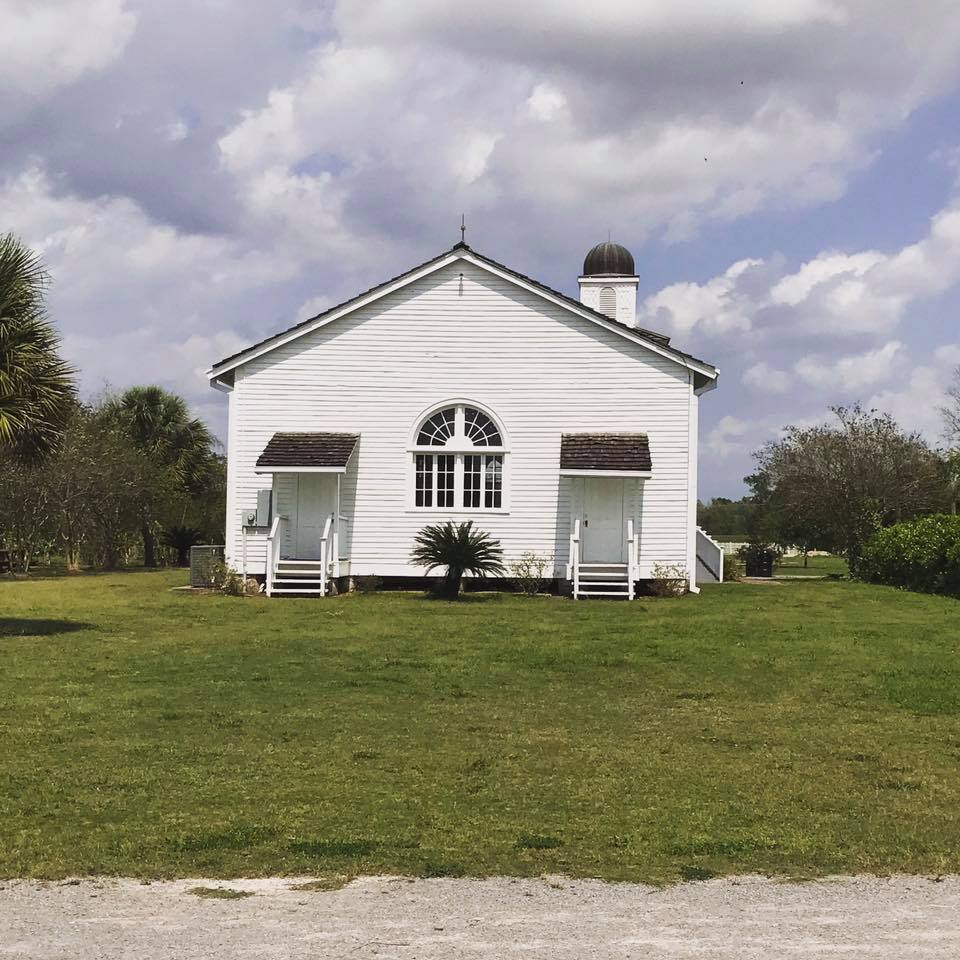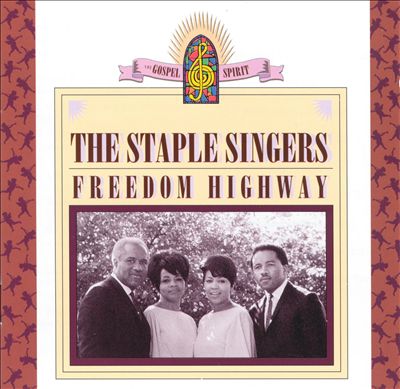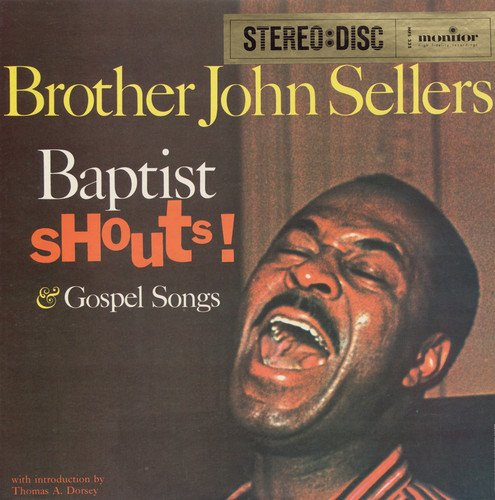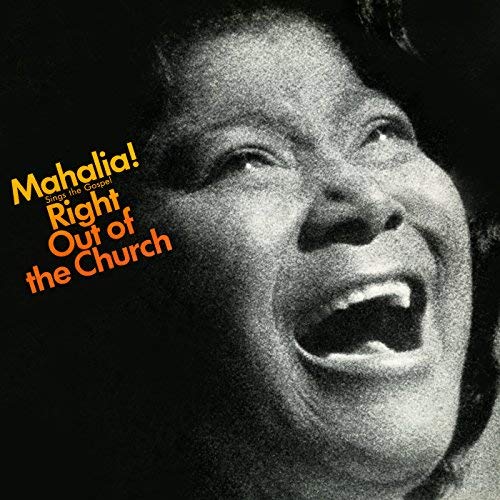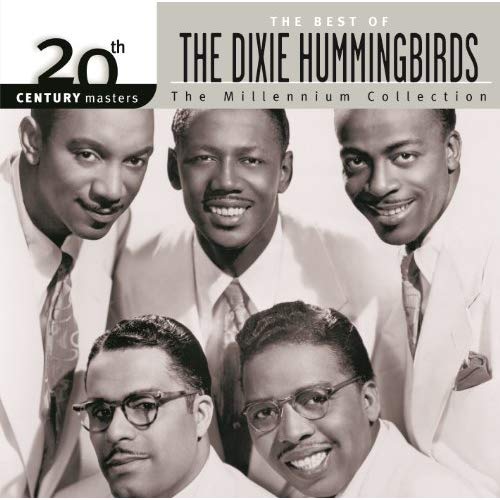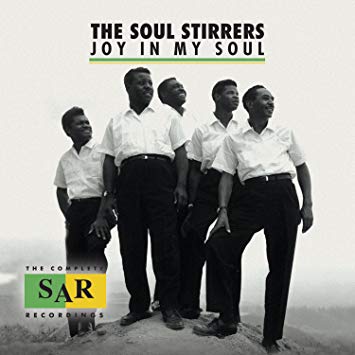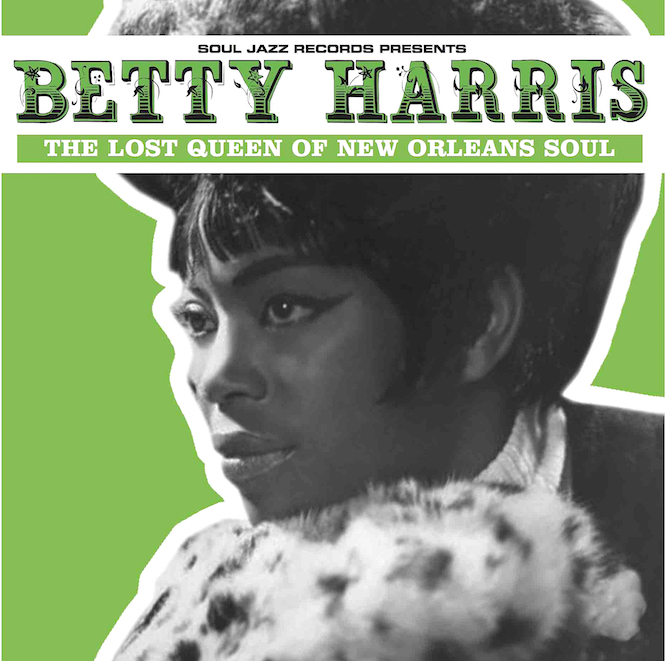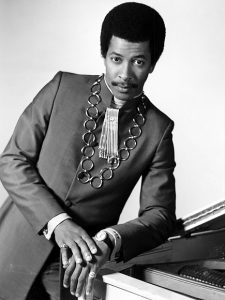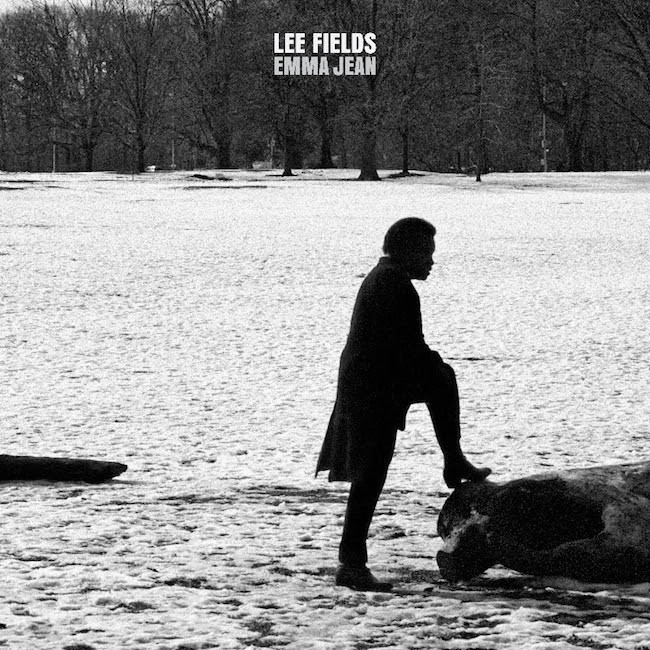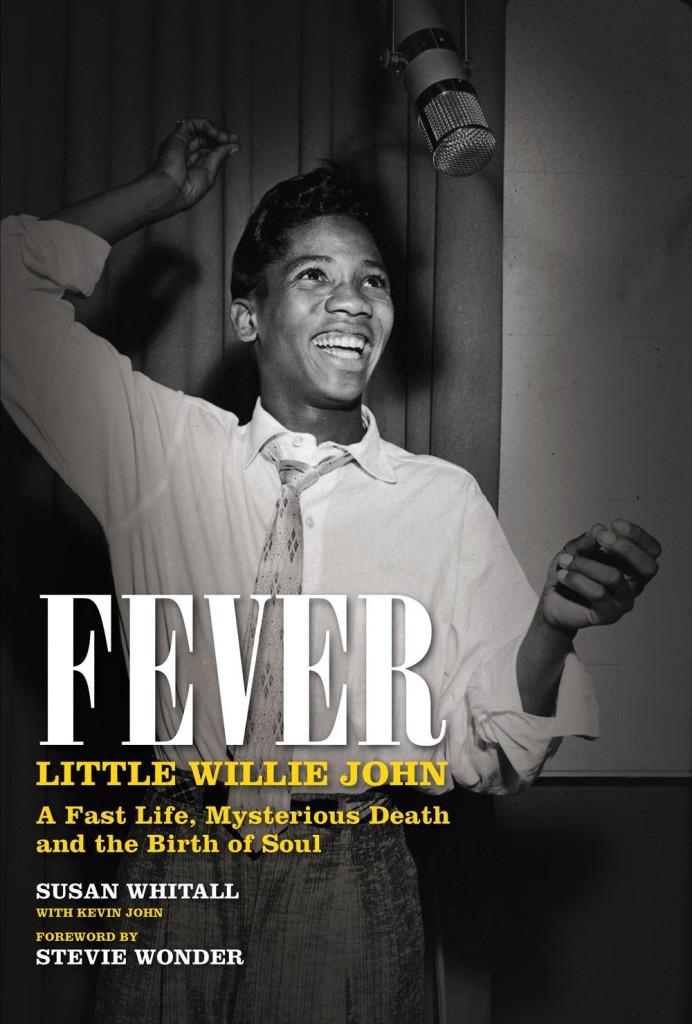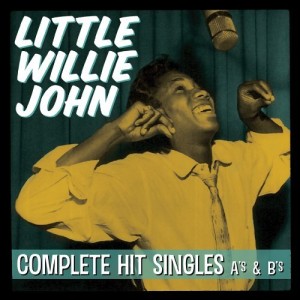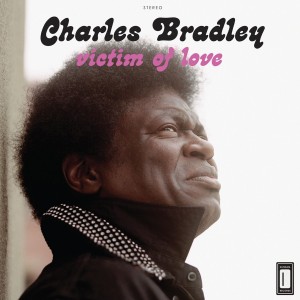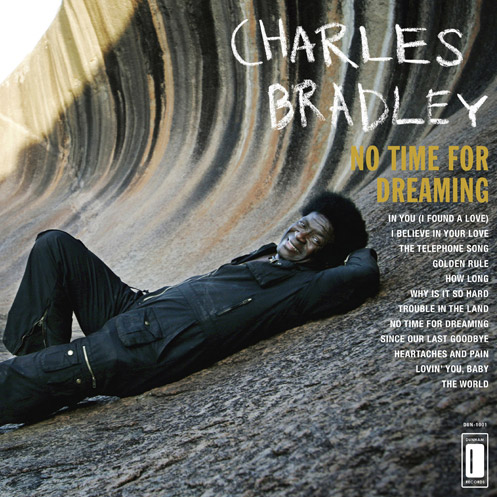Tag Archives: james brown
GOSPEL MUSIC IS THE ROOTS?
Born in Arkansas in 1915 Sister Rosetta Tharpe influenced Rock and Popular music more then most people know. A young Little Richard got his start by opening for her before anybody knew who he was. Elvis, Johnny Cash, and Bob Dylan all cite Sister Rosetta as a major influence, and during her heyday she performed for stadium sized crowds all over the world. In short, Sister Rosetta was a rockstar before Rock n’ Roll even existed.
BETTY HARRIS: THE LOST QUEEN OF NEW ORLEANS SOUL
 Soul Jazz RecordsÂ
For fans of James Brown, Irma Thomas, Tina Turner, and The Meters
When you think of the greatest Soul singers of all time you probably don’t think of the name Betty Harris. Despite being as talented as superstars like Tina Turner and Etta James, Ms. Harris isn’t a household name. During the 1960’s she only released a handful of singles and only a few of those became hits. She then retired in 1970 to focus on her family. While her music has become very popular among Soul record collectors and aficionados over the years, it has never reached a mass audience. Fortunately the good folks at Soul Jazz Records are trying to change that with their recent release, BETTY HARRIS: THE LOST QUEEN OF NEW ORLEANS SOUL!
THE BEGINNING
Born in Orlando FL, in 1941 (or possibly 1939) Ms. Harris started out singing gospel music when she was very young. Part of a very religious family, Harris wasn’t allowed to sing secular music while under her parent’s roof. She left home in her late teens to perform Blues and Soul music in California. After several years on the West Coast she moved to New York City where she hooked up with songwriter/producer Bert Berns. In 1963 she recorded her first hit, “Cry To Me”, a slow rendition of a tune singer Solomon Burke had recorded a year earlier. The song became a big hit for Harris and actually surpassed Burke’s original recording on the national charts! The success of “Cry To Me” inspired a few more releases from the Berns/Harris team including a fiery number called “Mo Jo Hannah”. Unfortunately none of these other recordings because hits and Burns and Harris went their separate ways.
WORKING WITH ALLEN TOUSSAINT
Shortly after her relationship with Burt Berns ended Harris met master Musican/Songwriter Allen Toussaint and began recording for his New Orleans based record label Sansu. Even though only one of the singles she recorded for Sansu charted nationally, the recordings she made while at the label are classic and make up the material on BETTY HARRIS: THE LOST QUEEN OF NEW ORLEANS SOUL. The music on this compilation is all killer-no-filler and ranges from classic R&B to hard funk! While it’s Harris’ larger-then-life vocals that commands the most attention on these songs we must also note that the backing band is made up of some of New Orleans’ finest musicians, including members of the legendary Funk group, The Meters. Like the Funk Brothers at Motown or Booker T. & The MG’s at STAX, The Meters are as important to the recording as the artist they are supporting. Finally, we must also acknowledge that none of these recordings would’ve been possible without master musician/producer Allen Toussiant behind the board. Not only do his talents as a producer take these recordings to another level, he also wrote almost all of these songs!
LEE FIELDS: Emma Jean
LEE FIELDS & THE EXPRESSIONS EMMA JEAN Truth & Soul Records
For Fans of: Issac Hayes, James Brown, Solomon Burke, and Charles Bradley
This summer Lee Fields & The Expressions are back on the scene with a new record full of sweet soul music! Entitled Emma Jean in honor of Lee’s late mother, this record finds the band incorporating more elements of Folk and Gospel into their sound more then they have in the past. In fact, the album’s first single is a soulful version of the J.J. Cale tune “Magnolia”. Sounding a little like Solomon Burke, Lee croons his way through this Folk classic with help from pedal-steel guitar master Russ Pahl. While the song is stylistically a little different then songs Lee and his band have done in the past, they still sound great. That being said, Emma Jean has something for everyone. Fans of classic hard-soul will enjoy songs like “In the Woods” and “Stone Angel” while fans of the teary-eyed ballads will have a new favorite song in “Don’t Leave Me This Way”. The album’s standout track however is the piano-driven “Eye to Eye”. In this song the band sways back and forth while Lee pleads with his lover to take him back. Singing like his life depends on it, Lee is clearly still at the top of his game. For a guy who’s been releasing music since 1969, this album might be his crowning achievement.
LITTLE WILLIE JOHN: The Authorized Biography
FEVER: Little Willie John’s Fast Life, Mysterious Death, and the Birth of SoulÂ
Author: Susan Whitall Publisher: Titan Books
Armed with a lion-like voice and sparkling personality Little Willie John was one of the most popular entertainers during the 1950’s and 60’s. Songs like “All Around The World”, “Fever”, and “Talk To Me” all made it to the top of the R&B charts and became the blueprint for what would later be called “Soul Music”. He consistently filled concert halls throughout his career always delivering an electric stage show that left audiences wanting more. On the road more often then not Willie lived his life fast and hard. He regularly stayed out until the wee-hours of the morning drinking and socializing. One night after a show in Seattle, Washington while he was drinking at an after-hours club Willie was involved in an altercation that ended with him stabbing a man. Willie ended up being charged with manslaughter and was sent away to the Washington State Penitentiary where he died on May 26 1968 at the age of 30. Although the cause of his death is listed as “Heart Attack”, there are questions about the care he was given while incarcerated. However it happened, it’s a sad but true fact that Little Willie John left this world too soon.
In her book FEVER: Little Willie John, A Fast Life, Mysterious Death, and the Birth of Soul, author Susan Whitall gives us a detailed and in-dept look at the life of one of music’s greatest voices. Written with the help of Willie John’s son Kevin and filled with interviews from those who knew Willie John this book is essential for anyone interested in the history of Soul music.
Essential listening Little Willie John: Complete Hit Single’s A’s & B’s
THE RELATIVES: The Electric Word
THE RELATIVES The Electric Word (Yep Roc Records)
Psychedelic Gospel? YES PLEASE!
Founded in Dallas, Texas in 1970 by two brothers, Rev. Gean and Rev. Tommie West, The Relatives have been playing their special brand of Funky-Gospel for over 40 years. The band enjoyed some local success the 1970’s, releasing three singles and sharing the stage with some of the biggest names in Gospel and Soul as well as headlined their own shows. Then in 1980 after a decade of playing gigs of all shapes and sizes the band members called it quits to focus on other parts of their lives. Fortunately for us in 2009 the good people at Heavy Light Records re-released the band’s singles on the compilation Don’t Let Me Fall. The album received very positive feedback and inspired the band to start performing live again. Word soon got out about the band’s amazing live show and the group was booked into many of the top roots music festivals in America. Now after a successful return to the stage that’s brought the band many new fans they’ve decided it’s time to head back to the recording studio and give the people a new studio record called, The Electric Word.
After listening to The Electric Word (Yep Roc) you probably wouldn’t be able to tell that this is The Relatives’ first release of new music in almost 40 years. Produced and recorded by fellow Texan Jim Eno of the band Spoon, the band sounds just as powerful and soulful as ever. As you’d expect, the bands vocal harmonies are spot on but what really sticks out about this recording is the power of the band! On the tune Let Your Light Shine the bass and guitar are LOUD and up in the mix giving the tune a real psychedelic rock vibe (think Sly Stone meets Band of Gypsies).
Along with psychedelic rock the band also serves up a healthy dose of FUNK. Things Are Changing and It’s Coming Up Again both have a great James Brown/O.V. Wright vibe and Speak To Me (What’s Wrong With America?) is a beautiful civil-rights balled that shows off the bands true vocal power. The band may not be re-inventing the wheel with it’s songwriting but that really doesn’t matter. This album’s purpose is to get you out to see the band on-stage where they really shine. Which is exactly what you should do if these guys pass through your town.
CHARLES BRADLEY & THE MENAHAN STREET BAND
Charles Bradley “Victim Of Love” Daptone/Dunham Records
If you’ve every heard Charles Bradley you know he’s the real deal. From his James Brown like scream to his energetic stage show Mr. Bradley doesn’t just sing Soul music he LIVES IT. For those who aren’t aware, Charles Bradley was discovered while working as a James Brown impersonator in clubs around Brooklyn, New York when he caught the ear of Daptone Records co-founder Gabriel Roth. He released his debut album, NO TIME FOR DREAMING, in 2011 at the age of 63 after a lifetime of playing clubs and working odd jobs to make ends meet.  The album was a success and sent Mr. Bradley on tour across the U.S., Europe, and Canada. Now at an age when most artists are slowing down the big man returns with a new album entitled VICTIM OF LOVE, his second release for Dunham/Daptone Records.
VICTIM OF LOVE finds Mr. Bradley again backed by Menahan Street Band, a group of young but seasoned players that co-wrote NO TIME FOR DREAMING with him. The album’s gritty sound isn’t much different then Mr. Bradley’s first release but as they say, if it ain’t broke why try to fix it? Mr. Bradley screams and shouts as he tells the listener about the ups and downs of real life and the band is tight while still sounding human. Tunes like “Strictly Reserved For You”, “Love Bug Blues” and “Where Do We Go From Here?” are perfectly suited for Mr. Bradley’s voice and could have sounded right at home on his last album.  “You Put The Flame On Me” is an upbeat shuffle that is reminiscent of early Al Green and the title track “Victim of Love” is a beautiful love song that will become a slow dance classic. All that being said, the money-shot on this album is the album’s closer “Through The Storm”. On this balled Mr. Bradley offers thanks to those who’ve helped him through the hard times. If you’ve ever seen him perform live you know that on many occasions he ends the show by walking into the crowd and hugging members of the audience. It’s no surprise that a song of hope and love would be the song to end the second album. Here’s hoping Mr. Bradley will be around for a long time to come.
Charles Bradly & The Menahan Street Band “No Time For Dreaming”
CHARLES BRADLEY & THE MENAHAN STREET BAND “No Time For Dreaming”
“No Time For Dreaming” is more than an album, it’s an autobiography about Charles Bradley. Without being preachy, Mr. Bradley and The Menahan Street Band combine soulful music along with larger than life vocals to tell the story of a man who had to work against the odds his whole life.
This is a real soul album done by real soul musicians. Although the band is tight and knows what they’re doing the real story here is the voice of Charles Bradley.. You can really feel the pain in Mr. Bradley’s voice when he cries out to society to change it’s values on the tunes “Golden Rule” and “The World (Is Going Up In Flames)”. That being said, the most heartfelt vocal performance on this album might be on the track “How Long”. Around the 3 minute mark Mr. Bradley lets out a Jay Hawkins-like scream that makes you wonder if he’ll survive this song! This tune could only be sung by someone who has lived the life Charles Bradley has.
Born in Florida in 1948 and raised in Brooklyn NY, Mr. Bradley has spent the majority of his adult life on the road. Usually having to travel by way of hitch hiking, he tried to find work and establish himself as a professional musician in a number of cities across the country before ending up in California. After finding a steady job and playing gigs with pick-up bands Mr. Bradley thought he had finally found a place to call home. But as he was just about to put the down payment on his first house he was laid off from his job of 17 years. Frustrated but not accepting defeat, he gathered his belongings and returned to Brooklyn where he began performing as a James Brown impersonator in local night clubs. Going by the stage name “Black Velvet” he wowed audiences with his amazing showmanship and impressive vocal abilities. Now 51 years of age it seemed as if things were settling down for Mr. Bradley, but alas, this was not the case. One morning, while staying at his mother’s house he awoke to devastating news that his brother had been murdered.
Mr. Bradley kept at it though. He continued to perform as Black Velvet and take care of his Mom. One night during one of his performances he was visited by Gabriel Roth of Daptone Records. It was soon thereafter that Mr. Bradley found himself in the Daptone Records studios recording his first single for the label “Take It As it Comes”. Â Thus beginning a whole new chapter in life of Charles Bradley. Well done Charles! You’ve earned this.
UPDATE 2017: After several years of sold out concerts and a number of albums for Daptone the world lost Charles Bradley on September 23, 2017. While he is sorely missed by many all over the world his music continues to find new listeners and undoubtedly change lives.


